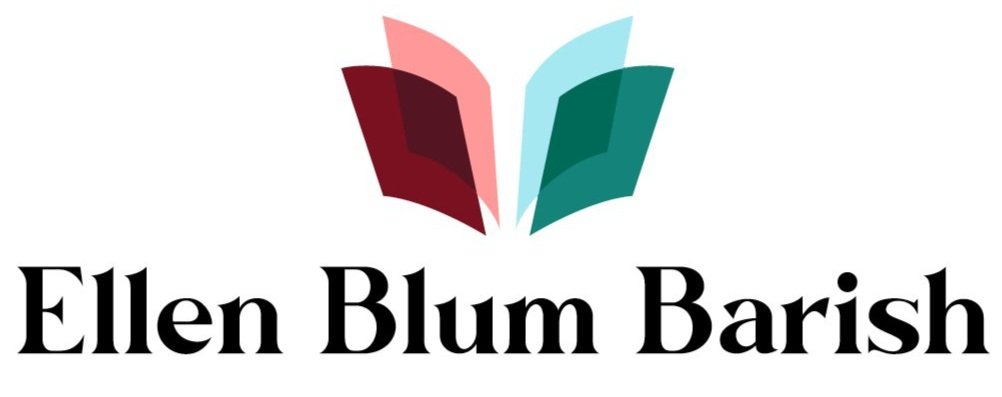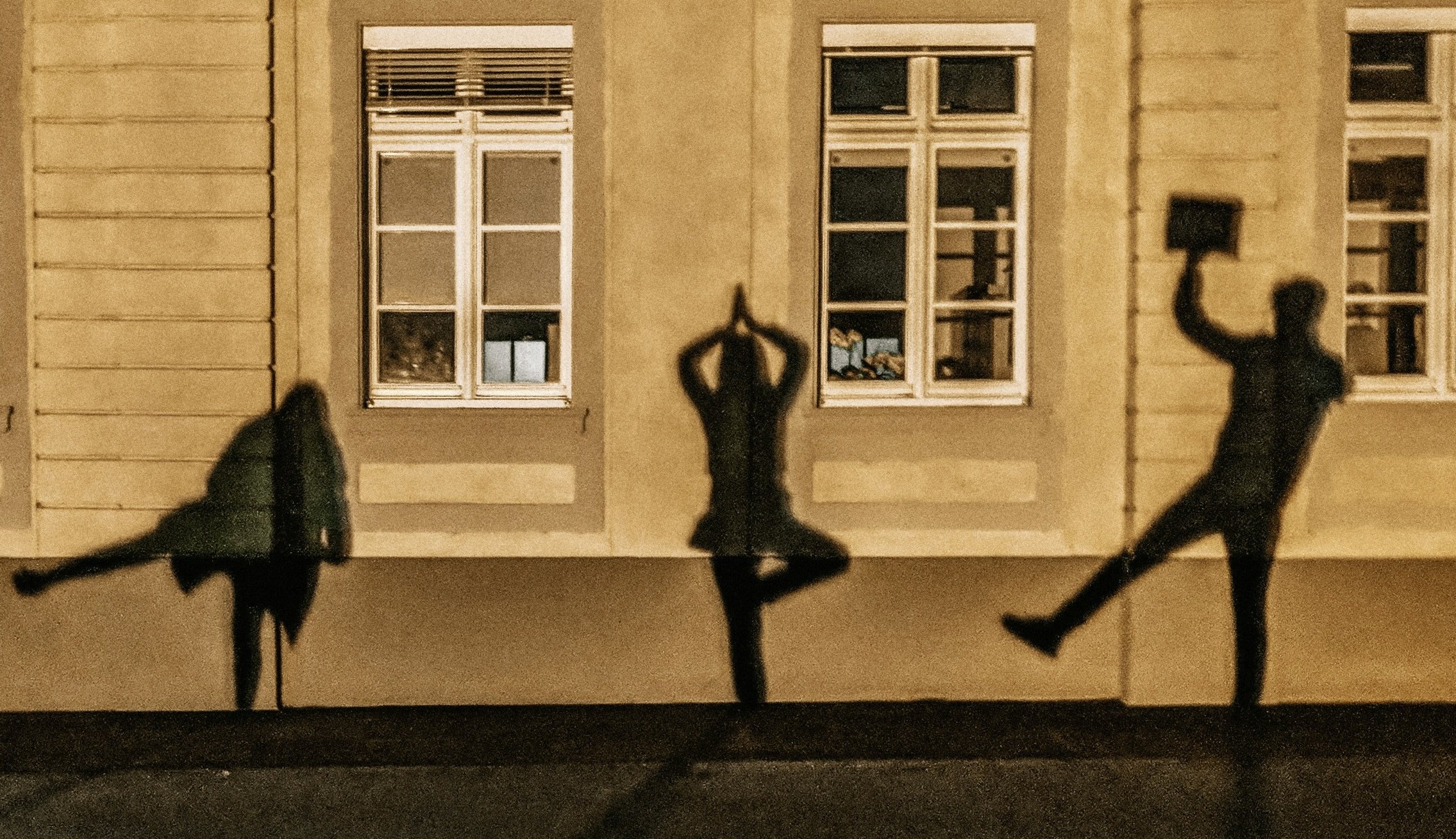Wait for It … And Hold
Photo by Amol Tyagi
Fourth in my series on Ellen’s Eight Essential Elements.
The right word may be effective, but no word was ever as effective as a rightly timed pause.
— Mark Twain
I had an epiphany in the middle of my dance class.
We were stepping to swing music when the teacher instructed us to pause for a beat. The music stopped and she called out, “Wait for it!” We all froze. Then she said, “And …. hold!”
It made for quite a dramatic scene in floor-to-ceiling mirror: Twelve sweaty dancers holding perfectly still and then suddenly moving in unison again.
That moment got me thinking about the power of a pause not only in dance, but also on the page.
I began to notice how the pauses in a well-told tale or comedian’s monologue held my attention. How the white breaks on a page do, too. They give the reader a chance to take in what came before and transition for what’s to come.
It’s about pacing which is built on the rhythm and sound of the words as well as the sentence lengths, much like it is in music.
You can hear it in following paragraph by Gary Provost if you read it out loud:
“This sentence has five words. Here are five more words.
Five-word sentences are fine. But several together become monotonous.
Listen to what is happening. The writing is getting boring. The sound of it drones. It’s like a stuck record. The ear demands some variety.
Now listen. I vary the sentence length, and I create music. Music. The writing sings. It has a pleasant rhythm, a lilt, a harmony.
I use short sentences. And I use sentences of medium length.
And sometimes, when I am certain the reader is rested, I will engage him with a
sentence of considerable length, a sentence that burns with energy and builds with all the impetus of a crescendo, the roll of the
drums, the crash of the cymbals–sounds that say listen to this, it is important.”
— Gary Provost
Pauses are sometimes purposeful like the ones I just described. But other times, not so much. We wait for our prescription at the pharmacy. For a colleague to respond. For our coffee in the café. For a response to a text. But in each case, the wait amplifies a moment. Highlights it. Dramatizes it. Putting us in the present tense.
Insisting that we hold still for a moment and take notice.
Questions as you review your own work:
Do you lose your breath or trip over words when you read your piece out loud?
What is happening to your eyes as you read? Are they glazing over a bit?
Are there places where the action drags?
Can you find a good place to add rhythm through alliteration or a sentence fragment?
Coming Up
Delighted to be teaching at Lighthouse Lit Fest for my sixth season.
“Words that Woo: Literary Activism” Lighthouse Lit Fest (online) June 6, 2025, 10 am - noon (CT)
“When Everything Changed: Writing Your Marker Story,” Lighthouse Lit Fest (online), June 7, 2025, 10 am - noon (CT)

